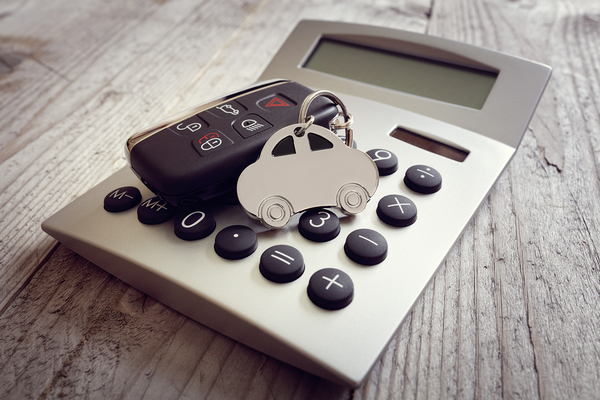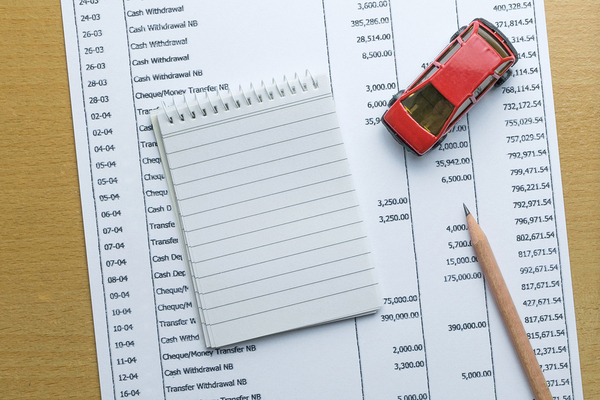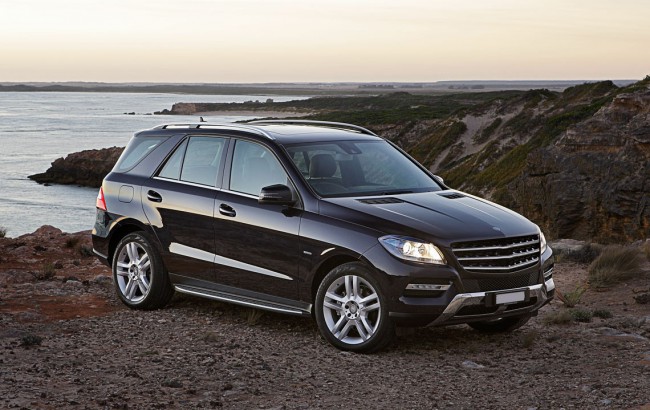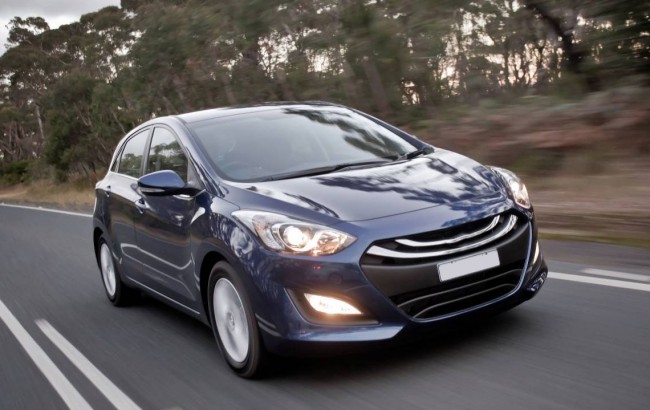Five Tips for Creating an Easy-to-Follow Car Budget
Five Tips for Creating an Easy-to-Follow Car Budget

A smart budget makes for a good purchase.
The end of your car search can be a thrilling experience. After weeks of research and test drives, you finally have the keys in your pocket. And a month later you’ll start having the bills in your mailbox. Before you start getting those envelopes, before you pick up those keys, here’s how to work out a car budget.
What’s A Good Goal?
Ideally, the car you want should only take about 10 to 15% out of your overall monthly income, with an older used car being closer to 10% and a new car closer to 15%. Of course, these percentages can vary depending on your personal financial situation, but aim for that range as a rule of thumb. So what are the various parts of this percentage?
Note Your Monthly Payment
The good news is that you’ve already got the key number. The financing company you’re working with should have provided a hard number for you to factor into your budget, and should also provide a full, detailed breakdown of how it divides up what you pay between interest, principal, fees, and other costs. Keep that handy, as it’s good to know.
Get Insurance Quotes First
The monthly payment is just the start, however. You’ll also need to insure your new car, and that can be costly as well. Before you buy, get some insurance quotes, including monthly and yearly rates, and look at what you’re paying, yearly, in insurance against the value of the car. If you’re paying more than your car will be worth, it’s time to remove some aspects of your policy to reduce the cost.
Also remember the kind of car you buy affects your rates. If it’s a popular target for thieves, or has a relatively low safety rating, you might consider another vehicle.

A smart budget is a good move.
Remember Maintenance
Another factor to consider is upkeep. When buying a car, you’ll inevitably have small maintenance tasks like changing the oil, and likely one or two bigger ones over the course of your car’s life, like substituting out rusted parts or swapping out a major system. Generally, this budget will rise over time, so what you should start with is the reported average maintenance cost of your car, easily found online, and divide it by twelve. Then just budget that amount into your overall car costs, and make sure it’s set aside for when you need it.
Start Early
Ideally, you’ll start saving all this before you buy a car. For example, if you’re about to pay off your car and switch out to your new one, make a point of setting aside what you used to pay for your old car, and get used to setting aside what you need for your next car. This will also offer you a useful financial cushion for when you have setbacks or other issues, and you will be able keep paying your car on a monthly basis.
Before you start your car search, you should know exactly how you’re paying. But with some simple budgeting, and a little saving, you’ll be behind the wheel without worrying about how you’ll pay for it. Get started today: search new vehicles.


